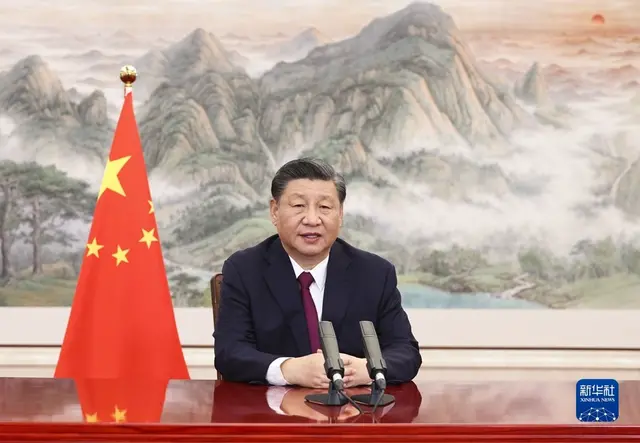China's spectacular economic growth has been accompanied by social contradictions as a result of the development of industrialization and urbanization, said Chinese economists in Hong Kong on June 3.
China is experiencing its golden age of economic development and its economy could be ranked number one in the world for its huge growth potential as well as strong driving force, said Jia Kang, Director of Research Institute for Fiscal Science under the Ministry of Finance, in an economic forum held by the Hong Kong University of Science & Technology and Radio Television Hong Kong.
He cited migrant workers while discussing social inequalities. Since the country embraced economic reforms and free-market principles in the 1980s, Chinese cities have drawn more and more peasants migrating in the city. According to Jia, there are 270 million such workers from the rural area right now, and the number will reach up to 400 million in the next decade.
But hukou, or the household registration system, is preventing them from enjoying many rights and advantages enjoyed by their urban peers, Jia said and added that in China, social benefits are closely tied to where you live and work and vary widely from urban to rural areas.
However, obtaining a hukou doesn't necessarily mean that those migrant workers will have the equal access to public or educational services with their urban peers. As more and more Chinese peasants decide to abandon their farms and migrate to cities, the hukou system has created social contradictions, said Li Tie, Dire
cto
r-general of the China Center for Urban Development at the National Development and Reform Commission
.
"There are huge differences in public services provided to residents with urban hukou and without," said Li in the forum.
"Residents with hukou don't want migrant workers to share cities' existing resources," he said. Many cities resist giving hukou, as well as the accompanying access to medical care, education and pensions, to migrant people.
"Mayors don't want to get themselves in trouble during their tenure and they always say cities simply can’t afford so many migrants," he said, "but we can't deprive the basic rights of those migrant workers."
The key to solve the contradiction is to impel the "new type urbanization", said Li. "The first step is to orderly and constantly promote a sustainable urbanization process, which will focus on building smart, ecological and low-carbon cities."
 简体中文
简体中文



